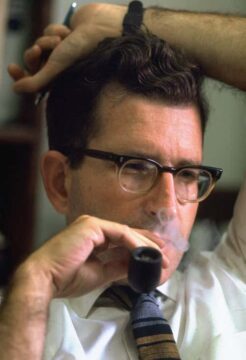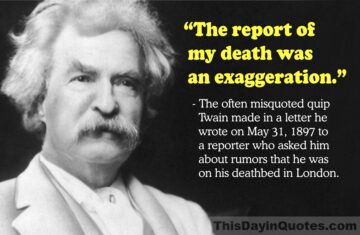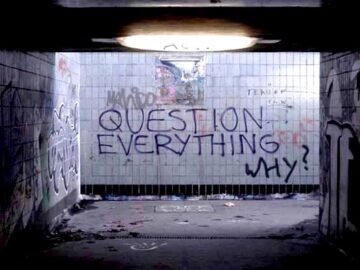by Marie Snyder
 Noam Chomsky was rumoured to have left us almost a month ago, but he always told us not to trust the media!
Noam Chomsky was rumoured to have left us almost a month ago, but he always told us not to trust the media!
It appears he’s still alive at time of writing, and recovering at home from a stroke. Both The New Statesman and Jacoben published obituaries. Yanis Varoufakis claims his article about his friend was inadvertently published as an obituary (despite referencing Chomsky’s passing in it). That article has since disappeared. In shows that even the best of us can be duped. Vivek Chibber’s piece morphed into a tribute in which he said,
“Noam hasn’t just pointed to injustice where he saw it, no matter how remote–he has felt it . . . as an affront to his own sensibility. . . . He doesn’t just have educated opinions on a bewildering array of topics and geographical regions–he has real expertise. This is what has made him such a towering figure.”
Absolutely.
The benefit of mistakes like this (and there have been a lot of them) is getting to see what people really think of you!

Chomsky is a different person than you or me — well, than me for sure. He has a wealth of knowledge and an astute analysis of events pretty much from the beginning of time to now all in his head and instantaneously available to him, but he’s also very down to earth, of the people. Most importantly, he gives us a framework of the world that’s necessary to understand in order to help us fight the good fight.
Out of the multitude of writings he’s produced in his 95 years, I think one of the most comprehensive places for the uninitiated to start is with Understanding Power: The Indispensable Chomsky, a collection of talks given between 1989 and 1999. Below, I’ve summarized the ideas down to ten common threads often seen elsewhere in his work, abridged without all the evidence – you have to read the full 400-paged book for that. (Page numbers are from the 2002 paperback edition.) Read more »

